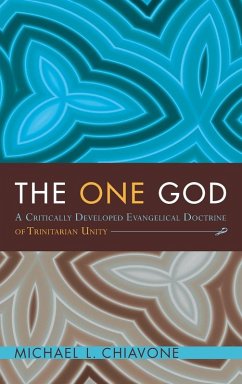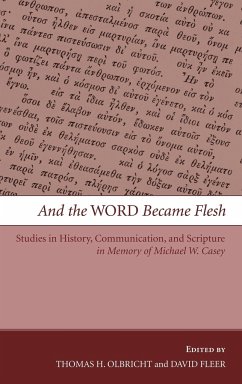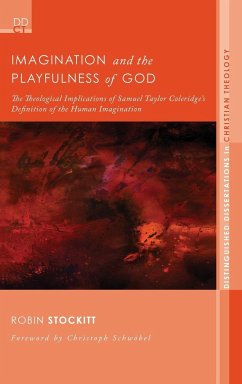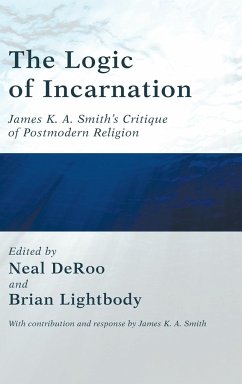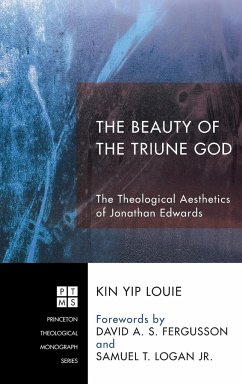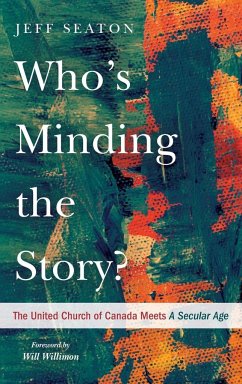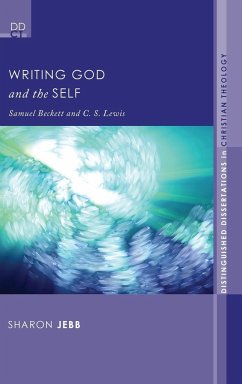In what sense is God one? How can those who worship Jesus Christ, his Father, and the Holy Spirit claim to be monotheists? These questions were answered by the early church, and their answering analogies, models, and language have come down to the church today. However, theology is not stagnant, and the twentieth century has seen several new models of the Trinity emerge. Many of these models have focused on the three persons without adequately considering the consequences for the unity of God. The One God seeks to develop an understanding of the unity of the Triune God by examining the positions put forward by Karl Rahner, Millard Erickson, John Zizioulas, and Wolfhart Pannenberg. After carefully presenting and critically examining each of these positions, this book offers a synthesis: an understanding of the unity of God that is historically informed, theologically adequate, internally coherent, and able to explain Christian monotheism in a new century. By affirming both the singular divine essence of God and the genuine, eternal interdependence of distinct divine persons in God, The One God affirms the personal and the natural levels of ontology, both crucial for understanding God, humanity, and the world.
Hinweis: Dieser Artikel kann nur an eine deutsche Lieferadresse ausgeliefert werden.
Hinweis: Dieser Artikel kann nur an eine deutsche Lieferadresse ausgeliefert werden.

